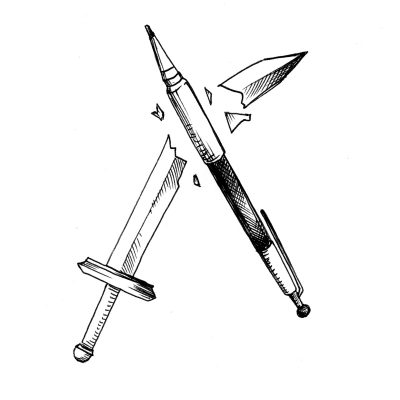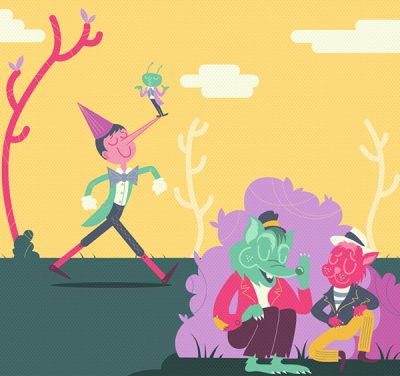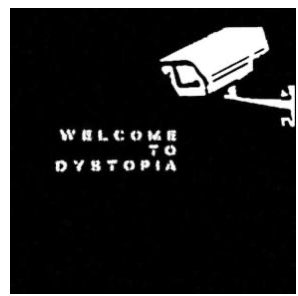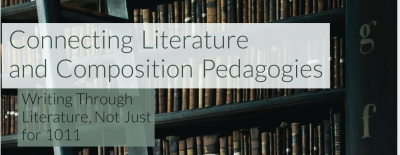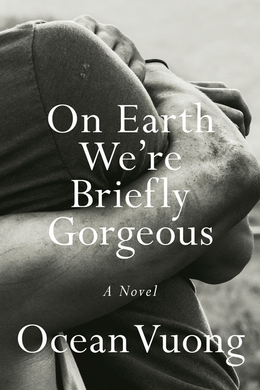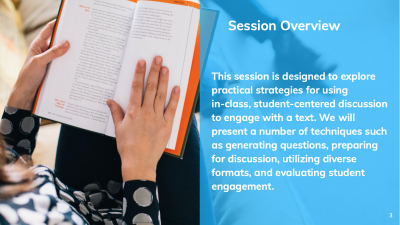![]()
I imagine some of you, like me, are having trouble focusing on academic work with all that’s going on in the world right now, and our students might feel similarly. How can we continue the intellectual work of our FYW courses when there is so much uncertainty in the world, paired with constant new information? One possible way to do this is to face it head on and assign a project that engages your students in conversations about the pandemic.
This could work many ways of course, but I wanted to suggest a short list of exercises that would develop writing skills and fit the goals of the course (and the course moves) while allowing students to process what’s going on around them.
- Journaling: how are you feeling? How has your life changed? What are your sources of information? How are you staying connected with the outside world?
- Collecting and evaluating sources: do some research on the virus. Whose voices do you trust/distrust, and why? How does new information change the way you think about your circumstances? Does it change the conversations you’re having with others?
- Interviewing a classmate and reporting back: develop interview questions. How do you write about an interview? How do you contextualize their comments? When you circulate it among your peers, how do they interpret the interview? What new ideas emerge?
Each activity introduces questions of genre—what are the cues and features of the particular genre you’re writing in? What do genres of collection and documentation, like the journal or the interview, have in common? How do they differ? Likewise, each activity raises issues of mode and offers opportunities for multimodal composition. For example, how does a transcribed interview or quoted remark differ from a short video interview or an edited piece of audio from that interview? What’s at stake when we transform our encounters with the world into texts?
Do you have other ideas for how we might engage our students in (academic) conversations about the moment?
Finally, if you are interested and have time, you might want to read (or even circulate!) this article about a course at the University of Virginia where students are encouraged to “write it down” and keep a record of life during the pandemic.
